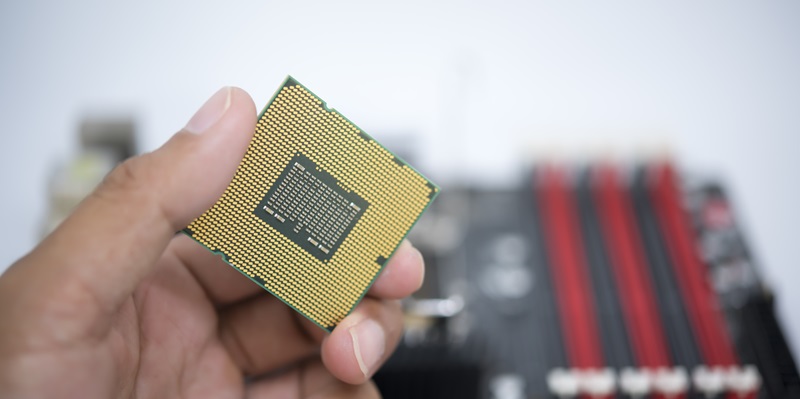Leaked benchmarks of Intel’s highly anticipated 14th Gen Core i5-14600 CPU have surfaced, providing a glimpse into the impressive performance gains of this upcoming processor. The information, brought to light by Enthusiast Citizen, offers new insights into the capabilities of Intel’s next-generation Raptor Lake Refresh Non-K series.
Overview of the Intel Core i5-14600
The Intel Core i5-14600 belongs to the 14th Gen Raptor Lake Refresh Non-K series, a lineup of CPUs designed to deliver top-tier performance without offering any overclocking support. This particular chip stands out with its 200 MHz clock uplift over its predecessor, promising improved performance across various applications and workloads.
CPU Configuration
The Core i5-14600 boasts a formidable configuration, featuring 14 cores and 20 threads. Within this setup, Intel has implemented a combination of 6 Performance cores and 8 Efficiency cores. This design provides a balance between raw processing power and energy efficiency, catering to the demands of both multi-threaded workloads and everyday computing tasks.
Similar Spec Sheet to the Previous Generation
When compared to its 13th-gen counterpart, the Core i5-14600 exhibits a similar specification sheet. This suggests that the performance difference between the two generations might not be significant. However, closer examination and benchmark results reveal specific enhancements that make the 14th Gen Core i5-14600 a worthy upgrade.
Max Turbo Clock Boost
One notable improvement in the Core i5-14600 lies in its maximum turbo clock speed, which has been set at an impressive 5.2 GHz. While this represents only a modest 200 MHz increment over the previous model, it highlights Intel’s commitment to pushing the performance envelope while maintaining stability and reliability.
Power Efficiency Assessment
The AIDA64 Stability Test sheds light on the power efficiency of the Core i5-14600, revealing a Maximum Total Power (MTP) of 156.10 watts. This indicates that the processor strikes a good balance between performance and energy consumption, aligning with the increasing demand for eco-friendly computing solutions.
Performance Benchmarks
Harnessing the power of the Core i5-14600, the CPU delivers outstanding performance across various benchmarks. In Cinebench R23, the processor achieved an impressive score of 1992 points in single-core testing and 22768 points in multi-core testing. These results showcase the CPU’s prowess in handling both single-threaded and multi-threaded workloads.
Further validating its capabilities, the Core i5-14600 obtained notable scores in CPU-Z as well, scoring 837.7 points in single-core testing and 9395.4 points in multi-core testing. The processor demonstrates its ability to excel in real-world applications and demanding tasks.
With leaked benchmarks revealing the anticipated performance gains of Intel’s upcoming 14th Gen Core i5-14600 CPU, it is evident that this processor is set to deliver an impressive computing experience. While maintaining a similar spec sheet to its previous generation, the Core i5-14600 showcases a notable boost in clock speed and improved performance across a range of benchmarks.
The leaked benchmarks not only demonstrate the chip’s power efficiency, but also emphasize its suitability for a wide range of applications, from everyday productivity tasks to resource-intensive workloads. As consumers eagerly await the launch of the 14th Gen Core i5-14600, it is clear that Intel is continuing to innovate and deliver processors that meet the demands of today’s technology-driven world.

